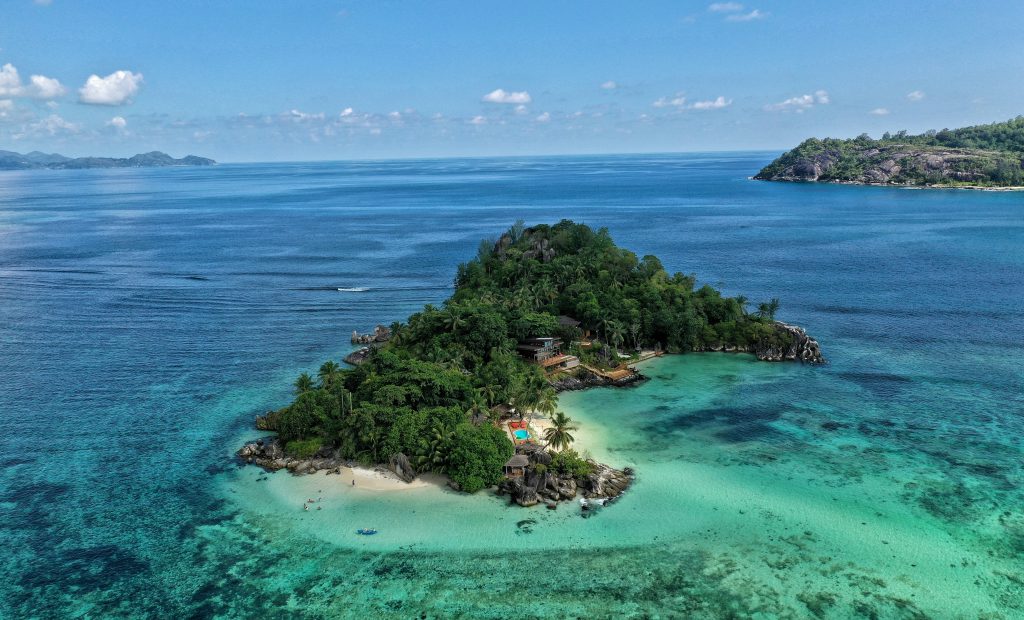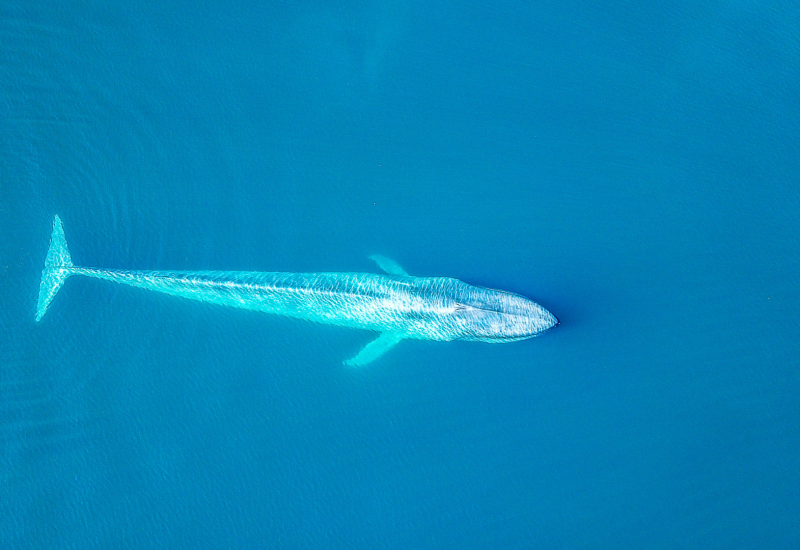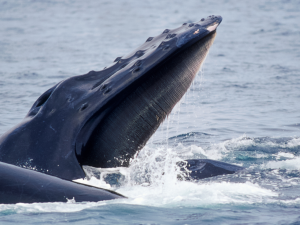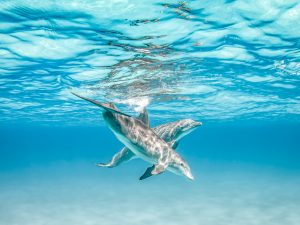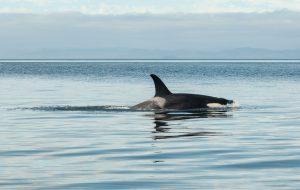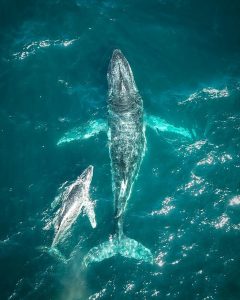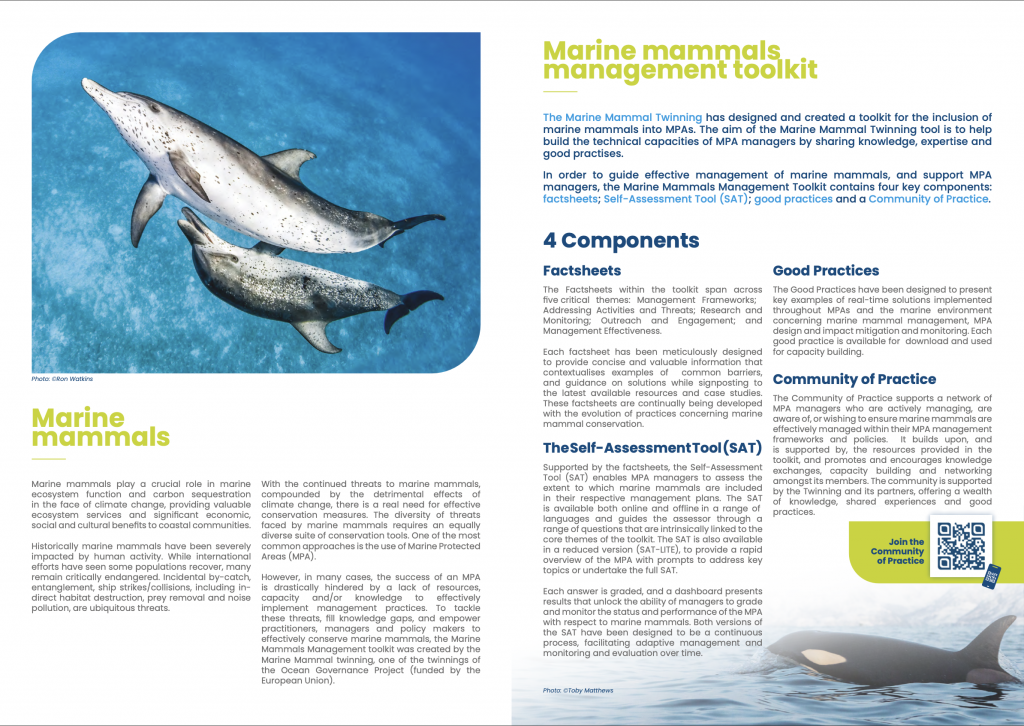Blue whales – the largest animals on Earth – are making their home in a part of the Indian Ocean where they were wiped out by whaling decades ago.
Researchers and filmmakers in the Seychelles captured footage of the whales in 2020 and 2021. It features in the Imax film Blue Whales 3D.
But a year of underwater audio recording revealed the animals spend months in the region.
This means they could be breeding there, scientists say.

The researchers, including scientists from the University of Seychelles, described the discovery as a “conservation win” after the Soviet whaling fleet decimated the population in the 1960s.
One of the lead investigators, Dr Kate Stafford, told BBC News: “It turns out if you stop killing animals on mass scales and you give them a chance to rebound, they can recover.“
Commercial whaling has had a lasting impact. Blue whale numbers are still a tiny proportion of what they were and the species is listed as endangered by the International Union for the Conservation of Nature.
More than 300,000 were killed in the southern hemisphere alone – chased down by modern, fast whaling ships.
“This is the largest animal to ever exist on the planet,” Dr Stafford said, adding: “We want to know where they are coming back and knowing there’s a population around the Seychelles is incredibly exciting.”
The discovery, published in the Journal of Endangered Species Research, was the result of fixing a “sound trap” to the seabed close to the tiny island nation.
The mammals’ signature, very low frequency song could be heard primarily during March and April.
The song or fundamental frequency of the blue whale is so deep and such a low frequency that it is beyond the range of human hearing.
Dr Stafford added: “It’s the loudest sustained sound in the animal kingdom. [Their call lasts] 15 to 20 seconds at about 188 decibels, which is the equivalent of a jet engine in air.“
Sound travels much faster and further in water, enabling blue whales to communicate over distances of hundreds and even thousands of miles.
Conservation scientists are keen to understand exactly how important the Seychelles is for blue whales. An area around the islands has been formally protected in a unique “debt for nature” swap, where the country had almost £16.8m ($22m) of its national debt written off in exchange for doing more to protect its oceans.
About 400,000 square kilometres (154,000 square miles) of its seas are now protected.
Full article credit: Victoria Gill and Kate Stephens, BBC Science Team
Source: https://www.bbc.co.uk/news/science-environment-67496339
